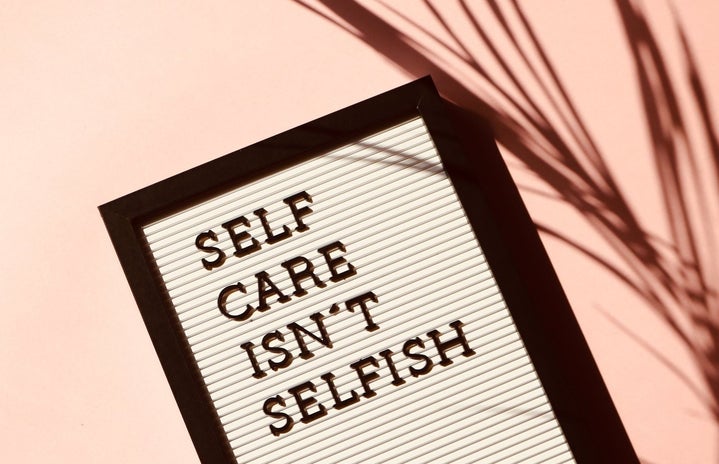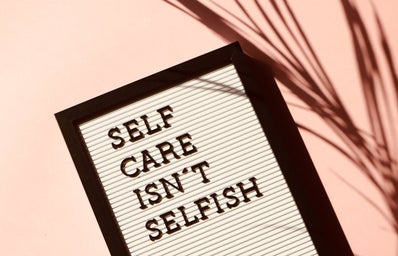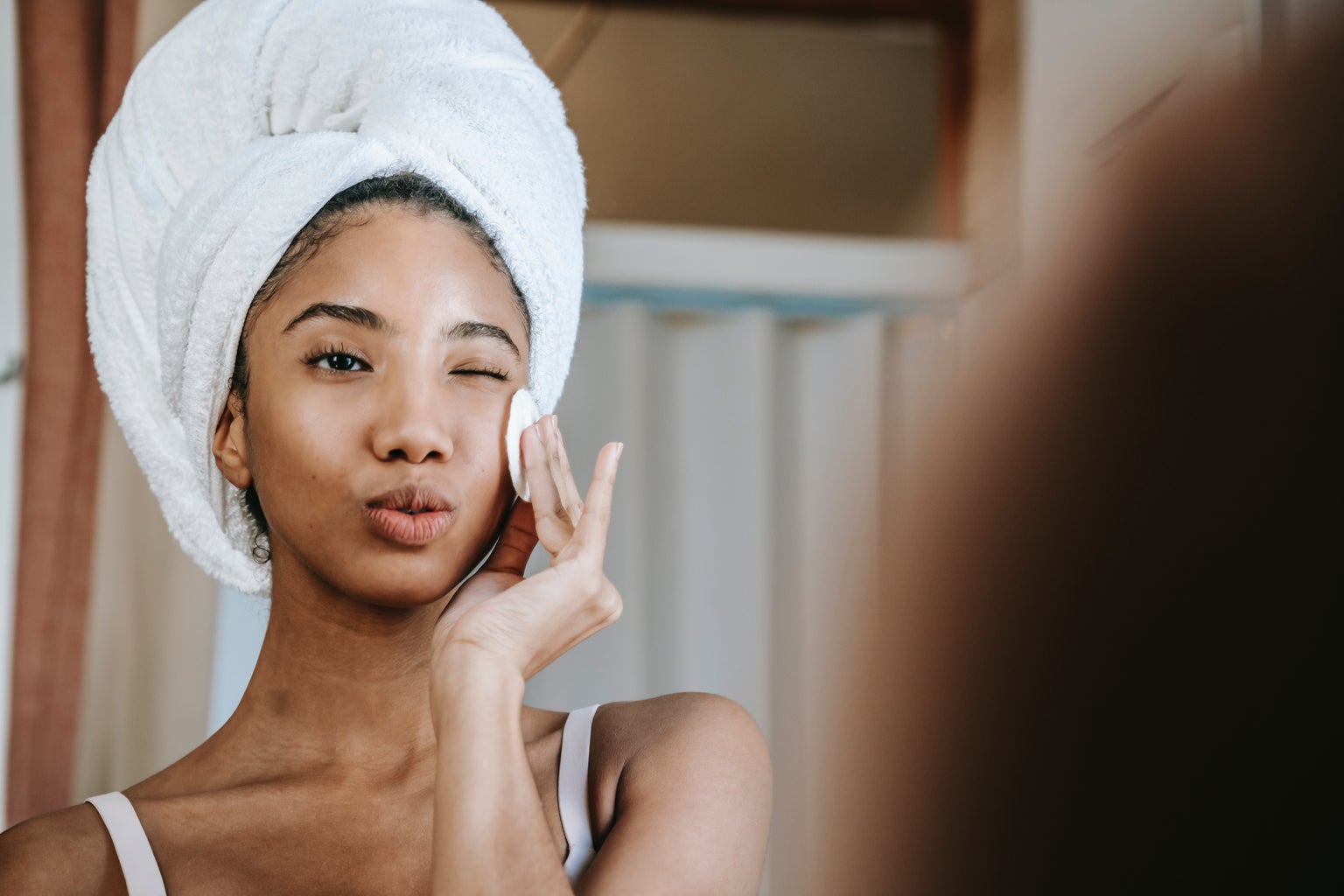I remember being in high school when “self-care” as a concept started taking off. I hadn’t ever heard of it being referred to as “self-care” until around freshmen or sophomore year of high school, and YouTubers and other micro-celebrities on the internet were suddenly posting content about self-care tips and activities. The internet became obsessed with this idea of taking time for yourself and investing in listening to your mind and body’s personal needs. When I first heard of self-care though, I wasn’t one of those people who happily hopped on the train. Instead, I was confused and a bit torn:
I thought self-care itself sounded pretty selfish.
Growing up, doing things for yourself wasn’t something my family placed emphasis on. As other people with families from collectivistic cultures may understand, doing things for yourself or partaking in activities that emphasized your independence and personal gain inherently went against the collectivist mindset.
Collectivist cultures emphasize the needs and goals of the group as a whole over the needs and desires of each individual,
so doing anything for your own personal gain would be seen as selfish, unless what you were doing also happened to benefit the group (i.e., your family and/or your community). remember reading up on self-care and coming to the conclusion that it meant expensive face masks, 20-step body care routines, and long amounts of time by yourself. I didn’t have the money to spend on products whose names I couldn’t pronounce, nor could I use them because of my highly sensitive skin. I thought talking about my feelings was a nuisance to people sometimes, so taking time to do anything for myself was just another thing that would hinder my relationships.
Even more so, I believed that by partaking in this idea of “self-care,” it meant putting my own needs before others and it made me feel incredibly guilty. I hadn’t ever seen anyone in my close family do anything involving “self-care” as I had come to know it, so I wasn’t even sure what it looked like or if I should even do it.
Flash forward to 2020.
Ask anyone how their 2020 was, and you’d probably get an eye roll or two, a sigh here and there, and perhaps a statement about the events that took place during that year. Moreover, you’d probably be hard pressed to find someone who doesn’t have at least one negative thing to say about their mental health during that year. Even now, as the pandemic continues, conversations about mental health continue in the public sphere, which is something remarkable compared to before the pandemic started. Mental health and mental illness had always been something taboo to speak about in the public sphere, let alone my own home. And as troublesome as 2020 was, I’m thankful that it made me realize how un-selfish it is to engage in self-care. I was forced to come to terms with the fact that even when I had moments of peace to myself, I couldn’t ever stop thinking about anything, or felt like I needed to be doing something. It wasn’t like I ever saw my parents take the time to do something considered “self-care” so why should I? I realized that that way of thinking was toxic. A lot of the world was coming to terms with the fact that mental health needed to be taken more seriously during this time. While I have always been a big proponent for mental health, I wasn’t always the best at taking my own advice nor was I great at practicing elements of self-care.
This semester, I’m taking an online Career and Life Planning class, and one of the course requirements is to submit a weekly self-care journal. Last week for one of our modules, there were lessons on juggling college life, stress, and personal needs. In the discussion posts, I read some of my classmates’ comments about self-care and revealed my own struggle with my self-care journey, and many people related. I realize that everyone’s exact examples of self-care may be different, but at its core,
self-care is just meant to help you destress and look into your personal physical and emotional needs.
As someone who always seems to be anxious and stressed out, I’ve been trying to take better care of myself. Because if I’m not at my best, then how could I truly be there for other people? If I care so much about being there for other people, then I’d be letting down those closest to me by not being at my best, mentally and physically. Self-care isn’t selfish, but rather necessary to continue on with life because while I can’t always control the things that affect me, at least I can adapt and learn how to gauge my limits and boundaries.
During my self-care journey, I’ve adopted a few positive routines, such as a simple morning and night time skin care routine, listening to podcasts, going for evening walks, and spending moments with friends. We don’t always have to do big group activities to have fun; sometimes it’s just grabbing lunch and talking for thirty to forty-five minutes about what’s been going on in our lives lately. And I consider mindfulness: take the time to sit and process my emotions if I’m feeling overwhelmed, sad, or frustrated. Overall, my version of self-care fits in best with how my lifestyle is and who is important in my life, so I’m happy to do the little things so long as they add value to my personal well-being. I hope that anyone who has read about my personal self-care journey understands that self-care can look different for each and every person, but should still center on individual needs.
You shouldn’t feel guilty about dedicating time for yourself because mental health is health. Period. No matter what some people may say.
Your mental health is tied to your physical health and engaging in self-care means doing what’s best for you. Be unapologetic about setting boundaries.





